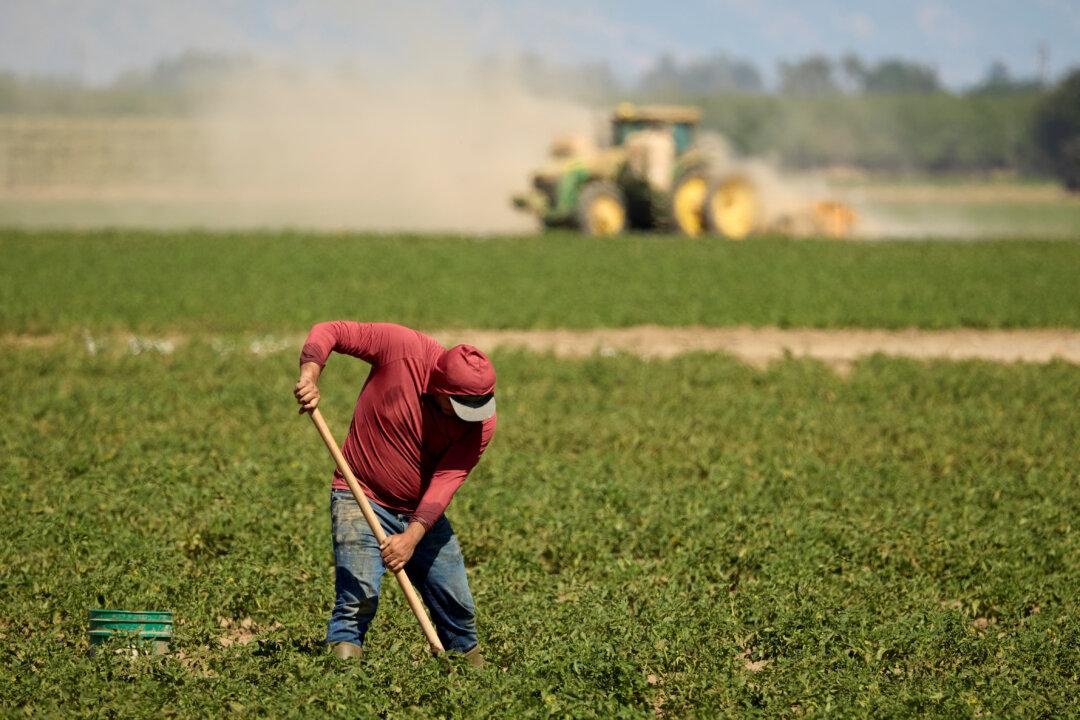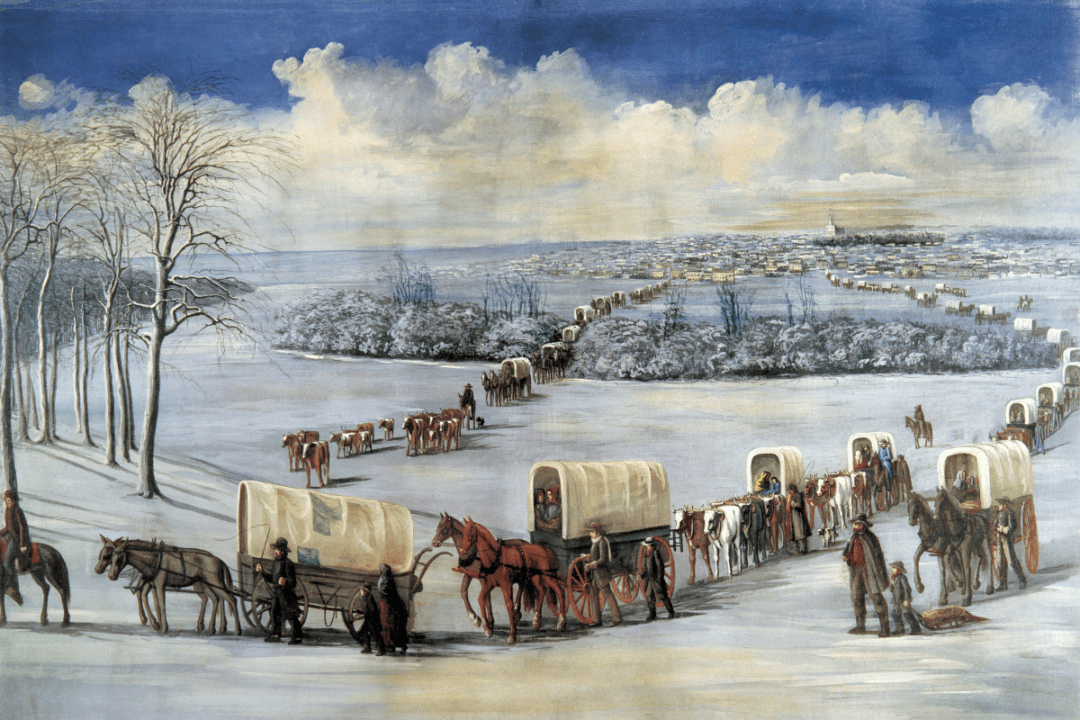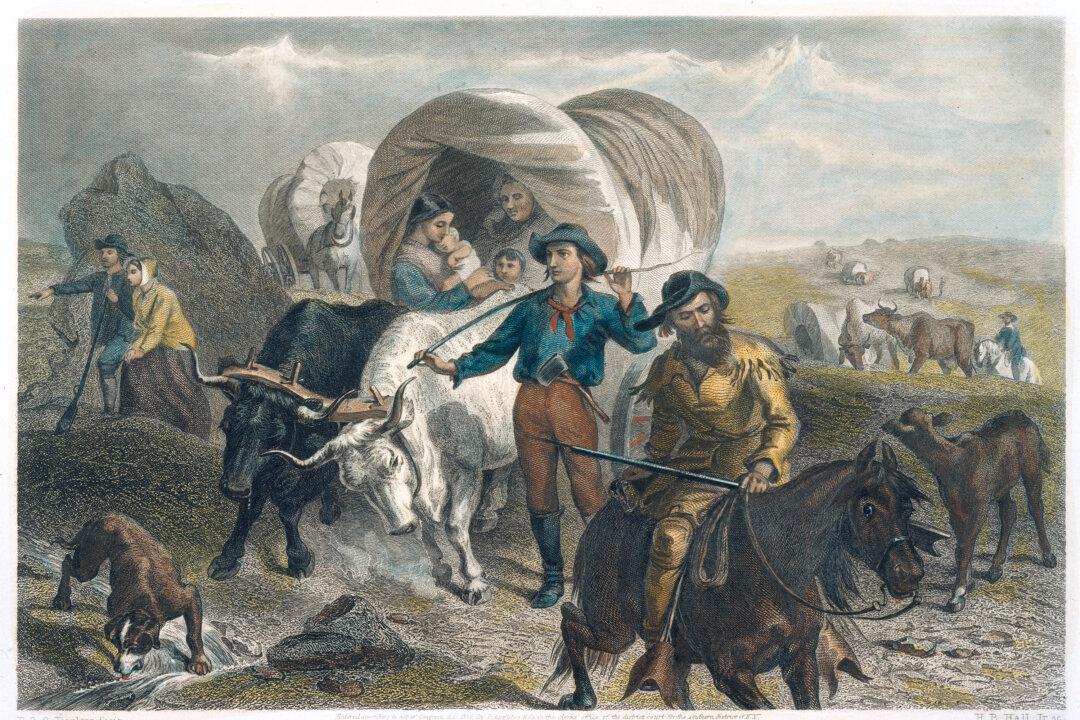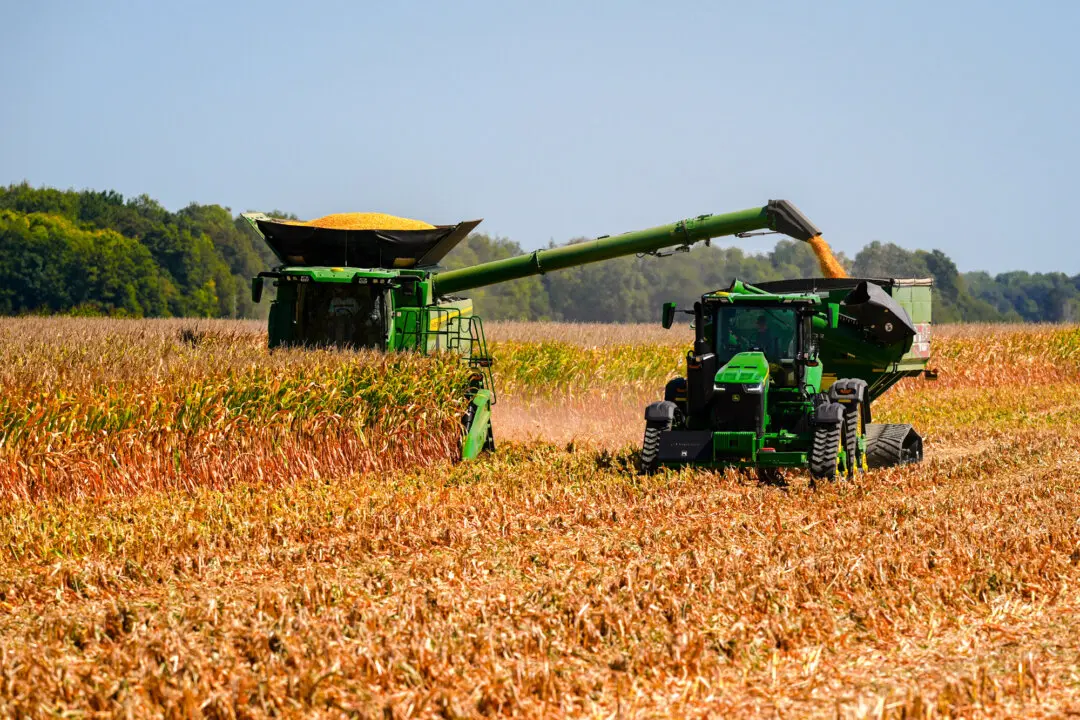Commentary
My academic journey was never easy. Reading and writing didn’t come naturally to me, and by middle school I had been placed in special education classes. I have dyslexia, but at the time my parents didn’t make much of it. We had gone to a Waldorf school, where reading starts later, and they figured I’d catch up eventually. They always told me, “You’ll be just fine.”





